Neurodegenerative disorders
Recent articles
Early trajectory of Alzheimer’s tracked in single-cell brain atlases
Inflammation in glia and the loss of certain inhibitory cells may kick off a disease cascade decades before diagnosis.
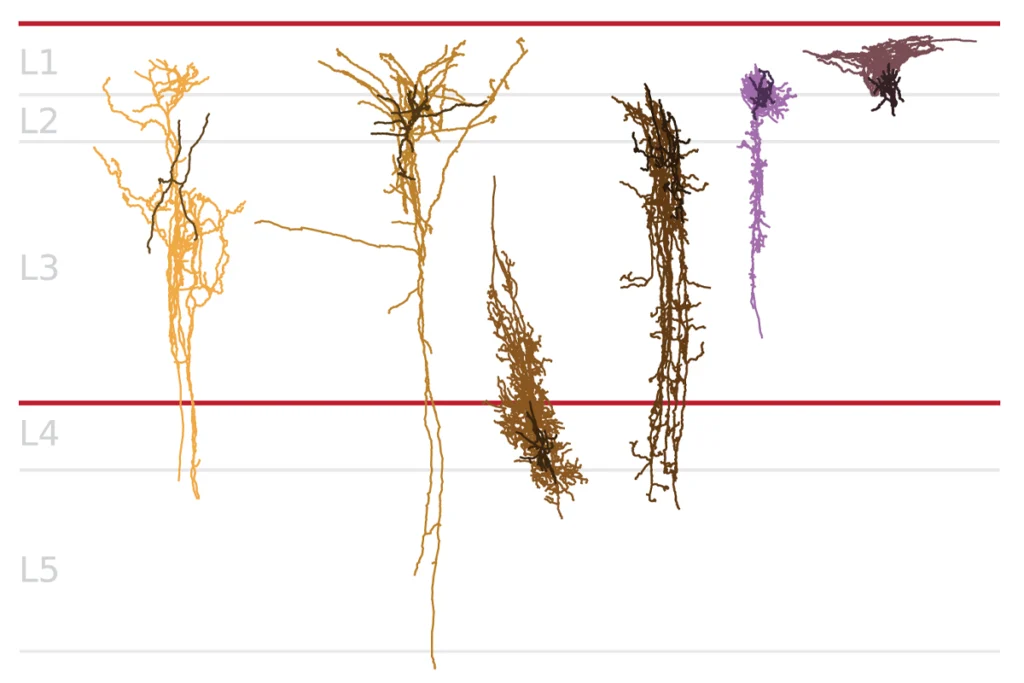
Early trajectory of Alzheimer’s tracked in single-cell brain atlases
Inflammation in glia and the loss of certain inhibitory cells may kick off a disease cascade decades before diagnosis.
Brains, biases and amyloid beta: Why the female brain deserves a closer look in Alzheimer’s research
New results suggest the disease progresses differently in women, but we need more basic science to unpack the mechanisms involved.
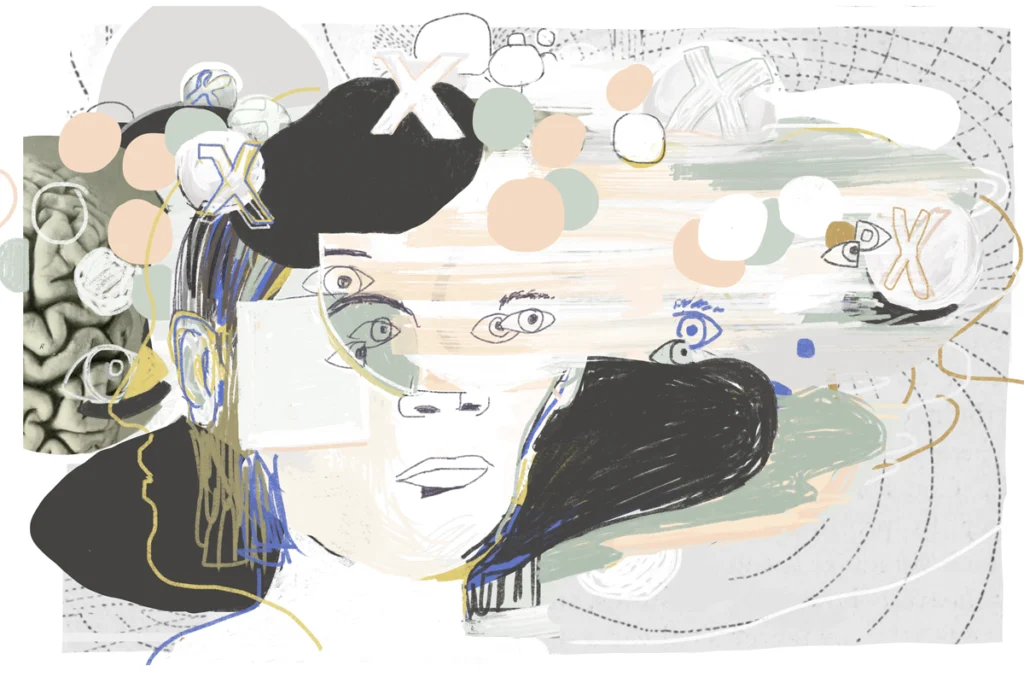
Brains, biases and amyloid beta: Why the female brain deserves a closer look in Alzheimer’s research
New results suggest the disease progresses differently in women, but we need more basic science to unpack the mechanisms involved.
Timothy Ryan on his pivotal switch from studying particle physics to decoding synaptic transmission
Dissuaded from pursuing theoretical physics and deterred by the “long feedback loop” in experimental physics, the National Academy of Sciences member took inspiration from “polymath” Watt Webb and “visionary” Stephen Smith—and learned to work “completely outside his comfort zone.”
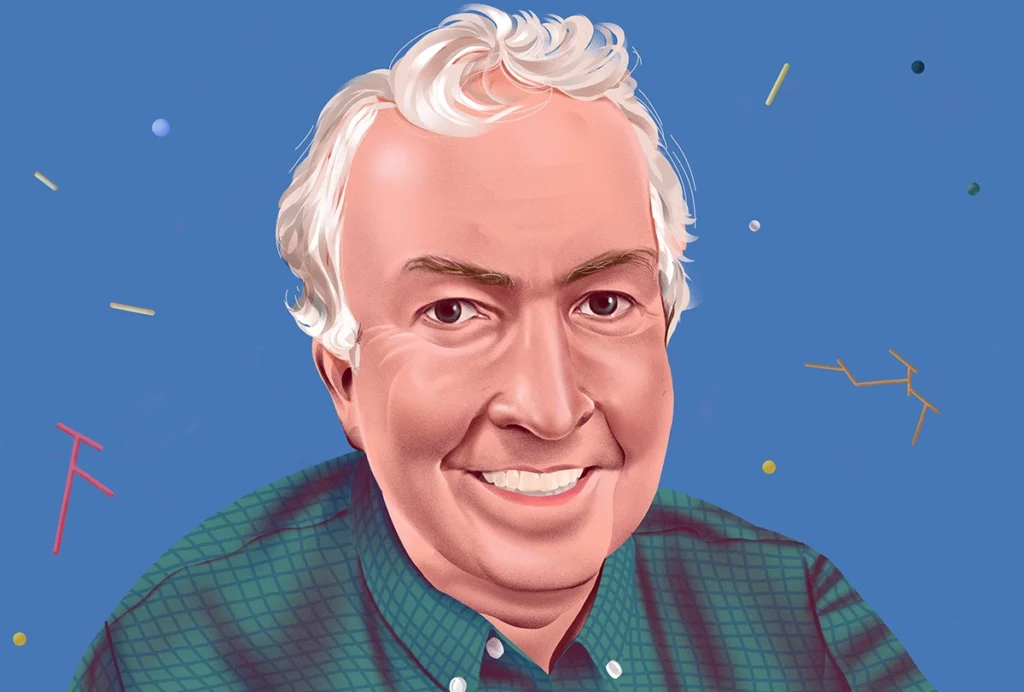
Timothy Ryan on his pivotal switch from studying particle physics to decoding synaptic transmission
Dissuaded from pursuing theoretical physics and deterred by the “long feedback loop” in experimental physics, the National Academy of Sciences member took inspiration from “polymath” Watt Webb and “visionary” Stephen Smith—and learned to work “completely outside his comfort zone.”
Six new neuroscience books for fall—plus five titles you may have missed
We highlight the most anticipated neuroscience books for the remainder of 2024 and recap notable releases since last December.

Six new neuroscience books for fall—plus five titles you may have missed
We highlight the most anticipated neuroscience books for the remainder of 2024 and recap notable releases since last December.
Supersized version of Alzheimer’s protein avoids clumping in brain
“Big tau” may explain why some brain regions, such as the cerebellum and brainstem, are largely spared from neurodegeneration, even though tau is expressed throughout the nervous system.
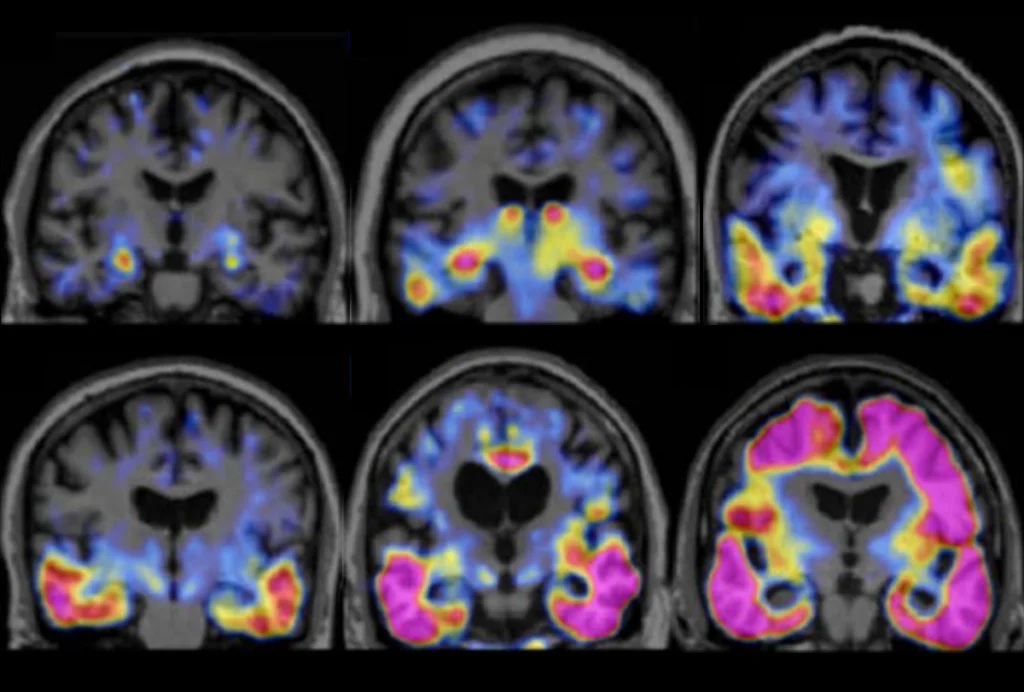
Supersized version of Alzheimer’s protein avoids clumping in brain
“Big tau” may explain why some brain regions, such as the cerebellum and brainstem, are largely spared from neurodegeneration, even though tau is expressed throughout the nervous system.
Carol Jennings, whose family’s genetics informed amyloid cascade hypothesis, dies at 70
Her advocacy work aided the discovery of a rare inherited form of early-onset Alzheimer’s disease and helped connect affected people with researchers.

Carol Jennings, whose family’s genetics informed amyloid cascade hypothesis, dies at 70
Her advocacy work aided the discovery of a rare inherited form of early-onset Alzheimer’s disease and helped connect affected people with researchers.
Explore more from The Transmitter
Targeting NMDA receptor subunit reverses fragile X traits in mice
The subunit acts as a “volume control” on signaling that shapes the density of dendritic spines, the new work suggests.
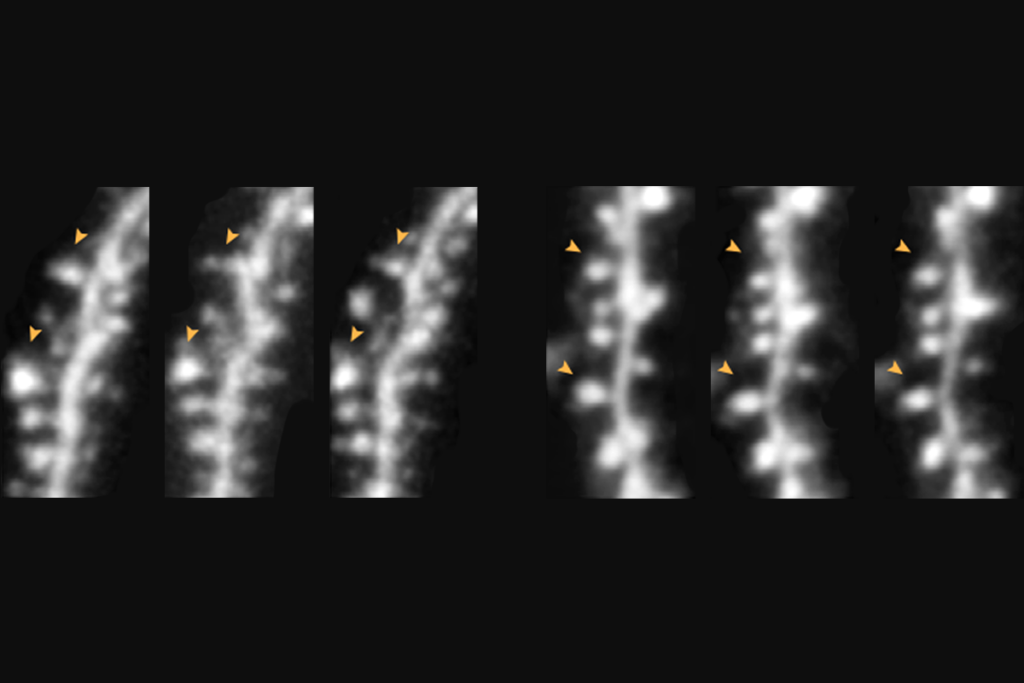
Targeting NMDA receptor subunit reverses fragile X traits in mice
The subunit acts as a “volume control” on signaling that shapes the density of dendritic spines, the new work suggests.
Maternal infection’s link to autism may be a mirage
Family-linked factors explain most associations between maternal illness and autism, a study of 1.1 million Danish children finds.

Maternal infection’s link to autism may be a mirage
Family-linked factors explain most associations between maternal illness and autism, a study of 1.1 million Danish children finds.
2025 Brain Prize honors pair of cancer neuroscientists
Michelle Monje and Frank Winkler share the $1.4 million award for their discovery of synapses between brain cancer cells and neurons.

2025 Brain Prize honors pair of cancer neuroscientists
Michelle Monje and Frank Winkler share the $1.4 million award for their discovery of synapses between brain cancer cells and neurons.